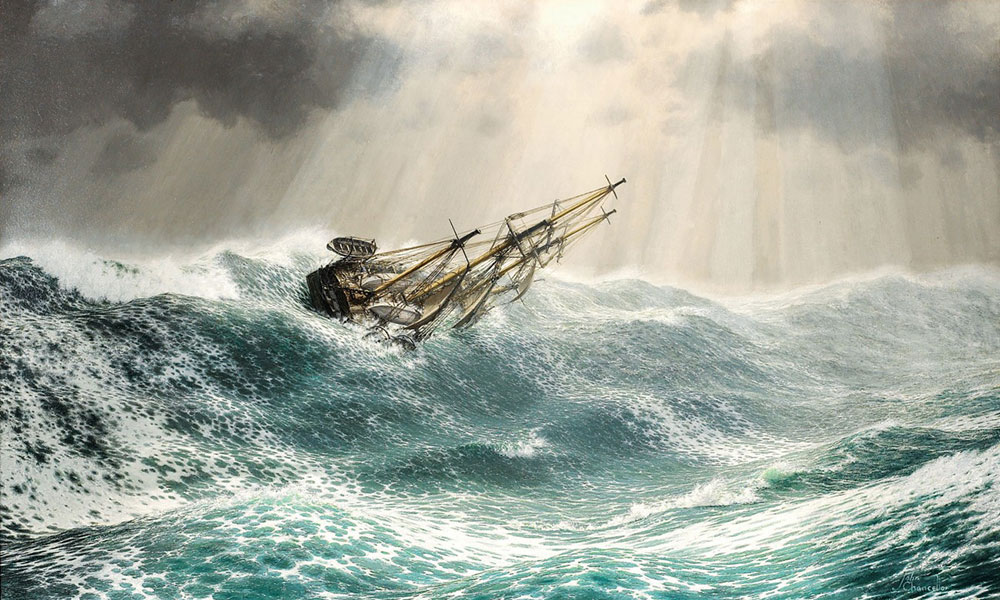In recent years, given that the advent of worldwide positioning systems (GPS), there has actually been a debate among sailors regarding whether the compass (what was formerly the seafarer's best navigational device) is still of any kind of use or essential to mount on your boat. Among boating and also boating safety trainers however, there is no discussion. While a GPS may be quick, simple (fairly) as well as handy, a compass is still a vital tool, as well as ought to constantly be among the very first things you mount on your watercraft.
Let us have a look at each system in turn. The compass, with a history 9 centuries long, is just one of the oldest navigating tools still in operation today. The Marine compass entered play around the 1300's in Europe, as well as has given that constantly been utilized for navigation on the seas. By reviewing the Earth's electromagnetic field, a compass can inform you, basically consistently the direction of that magnetic field.
As the compass always aims in the very Compass History same direction (referred to as Magnetic North) regardless of where you are on the planet. Due to its constant instructions finding capabilities, if used in conjunction with a sextant, it can likewise be utilized to discover latitude, as well as in combination with an aquatic chronometer, the time. A standard compass additionally has only 3 parts: a needle, a pin, and a compass climbed, only one of which, the needle is moving.
After punching in all the essential means factors, although the GPS can tell you the most direct means to go to obtain to a location, that route means might have everything from islands to sandbars in it's course, and as such, the capability to review a map and also utilize a compass might still prove to be vital. If a compass is mounted on your boat, there is no way that it can be neglected on land, whereas a portable GPS devices can.
GENERAL PRACTITIONER devices are exceptional navigational devices, and also can make training course outlining quicker, quicker and also easier, they have their drawbacks, namely the fact that they are a lot extra fragile, susceptible to damage, and more difficult to repair must a trouble arise. Therefore, a compass needs to constantly be maintained on-board also. Expertise of maps and also how to utilize them stays crucial.

If searching for other useful or important fishing or cruising devices, websites such as Rodholderdepot.com which concentrates on rod holders, marine compasses as well as various other aquatic equipment and also devices is an excellent source.
In the end it is recommended to have both a compass and also a GPS. The compass can be relied on in challenging scenarios and needs no power yet the GPS can give a lot more than just direction of traveling.
In recent years, given that the introduction of global positioning systems (GPS), there has been a discussion amongst seafarers as to whether or not the compass (what was formerly the seafarer's greatest navigational device) is still of any usage or required to mount on your watercraft. While a GPS may be fast, simple (reasonably) as well as handy, a compass is still an essential device, and also should always be one of the first points you mount on your watercraft.
A conventional compass likewise has only 3 components: a needle, a pin, and a compass rose, only one of which, the needle is moving. After punching in all the required way factors, although the GPS can inform you the most straight means to go to obtain to a destination, that direct method may have everything from islands to sandbars in it's path, and also as such, the ability to read a map and also utilize a compass might still verify to be vital. If a compass is set up on your watercraft, there is no means that it can be failed to remember on land, whereas a portable GPS systems can.